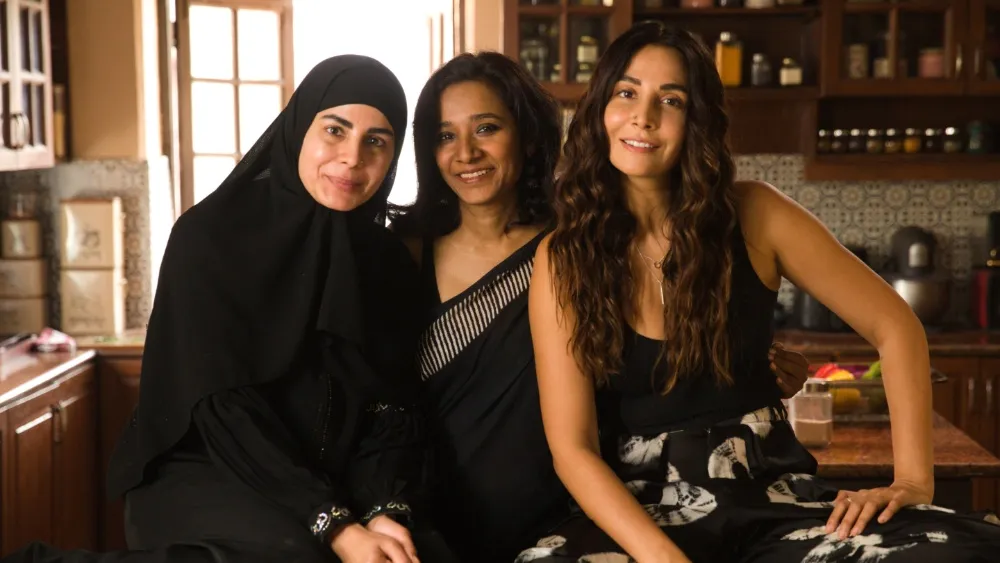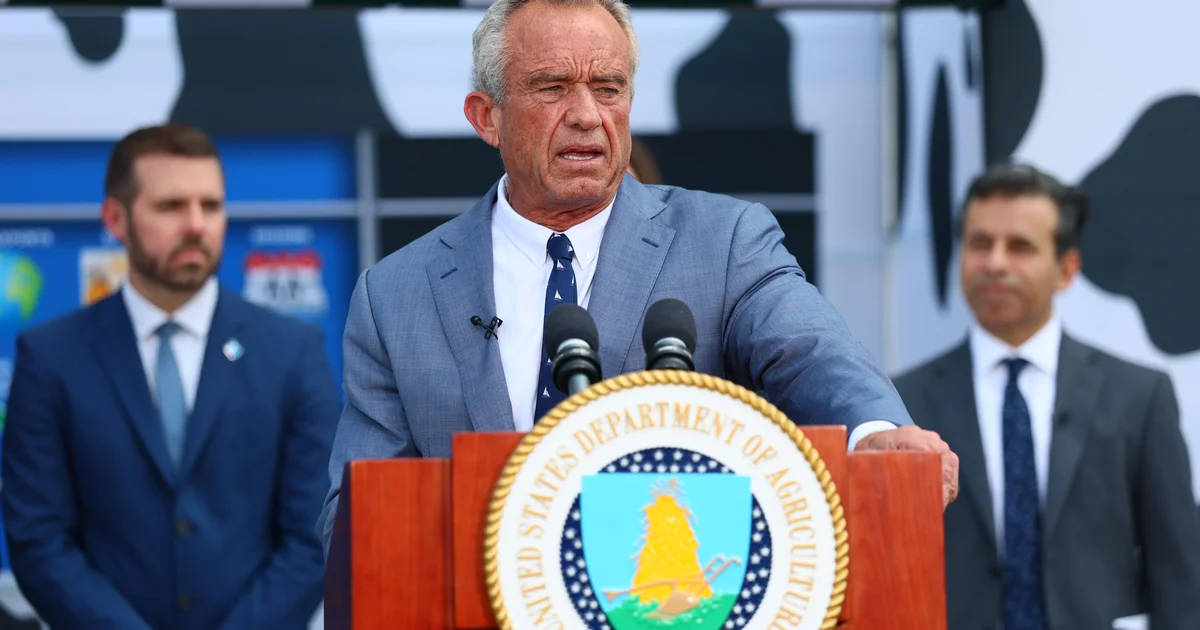
After making her directorial debut with “Roam Rome Mein” (2019), which premiered at the Busan International Film Festival and won the Marie Claire Asia Star Award, Indian filmmaker and actor Tannishtha Chatterjee faced her greatest challenge yet while completing her sophomore effort “Full Plate” — a cancer diagnosis that threatened to derail the entire production. This year, Chatterjee won the Marie Claire Visionary Director Award.
“Yes I got diagnosed when we were in post production. Everything became doubly tough in an already difficult situation,” the director reveals. “It was not something small. It was about whether I will live.”
The social drama, starring Kirti Kulhari alongside Sharib Hashmi, Indraniel Sengupta, Monica Dogra, and Sachin Chaudhary, centers on Amreen, a Muslim woman who becomes the primary breadwinner for her family, challenging both tradition and prejudice. The film explores themes of gender expectations, religious discrimination, and the tension between family duty and individual choice — all filtered through the lens of food and cooking.
“Food is a political idea — it reflects history and reveals socio-economic conditions,” the director says. “Taste, health, and sustenance are all shaped by class, availability, and exposure.”
Chatterjee, who graduated from the National School of Drama in New Delhi and has appeared in numerous films over her 15-year acting career including “Brick Lane” (2007), Cannes-selected “Monsoon Shootout” (2013), and Toronto selection “Lion” (2016), drew inspiration from real-life observation for her latest directorial effort. The project began with Chatterjee watching a domestic worker closely, initially finding humor in her complaints about different households’ food habits. “As I dug deeper, I uncovered a far more compelling story,” she says.
Kulhari, who previously worked with the director as a co-star in “Jal,” committed to the project before the screenplay was even finished. “Kirti became the character and the character became her in the writing process for me,” the director notes. The actor underwent extensive preparation, spending time in the actual locations and with the children who would appear in the film.
The production faced typical indie film challenges — raising financing proved difficult — but the director’s health crisis added unprecedented complexity. As a single mother caring for both a nine-year-old child and a mother in her 70s, she was forced to reimagine her approach to work and life.
“I don’t know how I got the strength to overcome all of it and just say to myself that let me take each day as it comes,” she reflects. “We all talk about living in the moment. But we are never able to do it without overthinking about the past or future. But I was forced to just live each day.”
Post-production was halted for several months as the director balanced treatment with completing the film. Rather than viewing this as an obstacle, she found the process therapeutic. “Finishing the film was a part of my healing process. To sit in the music sessions, revisiting the edit at places were all a part of healing.”
The film employs touches of magical realism to convey Amreen’s interior life. “When I read a novel, a character’s inner monologue is revealed through the writer’s description of their thoughts. In a film I tried to do it through visualisation, which can be both magical and transportive.”
Despite tackling weighty social issues, the director was careful to avoid preachiness. “It often becomes preachy when we try to impose our own moralities on the stories we draw inspiration from. I tried to avoid that,” she says. “Life (as it is) has all these themes and we don’t need to impose anything externally.”
The experience has shifted her perspective on filmmaking as a collaborative art. “With every film, I believe we also learn to let go of our egos. Filmmaking is such a deeply collaborative process. For my vision to come to life, I had to rely on the incredible talents of others.”
Looking ahead, the director is focusing on her health while developing a stage performance about “the last incredibly difficult nine months of my life” with two collaborators. Unlike “Full Plate,” this project will see her return to performing rather than directing.



